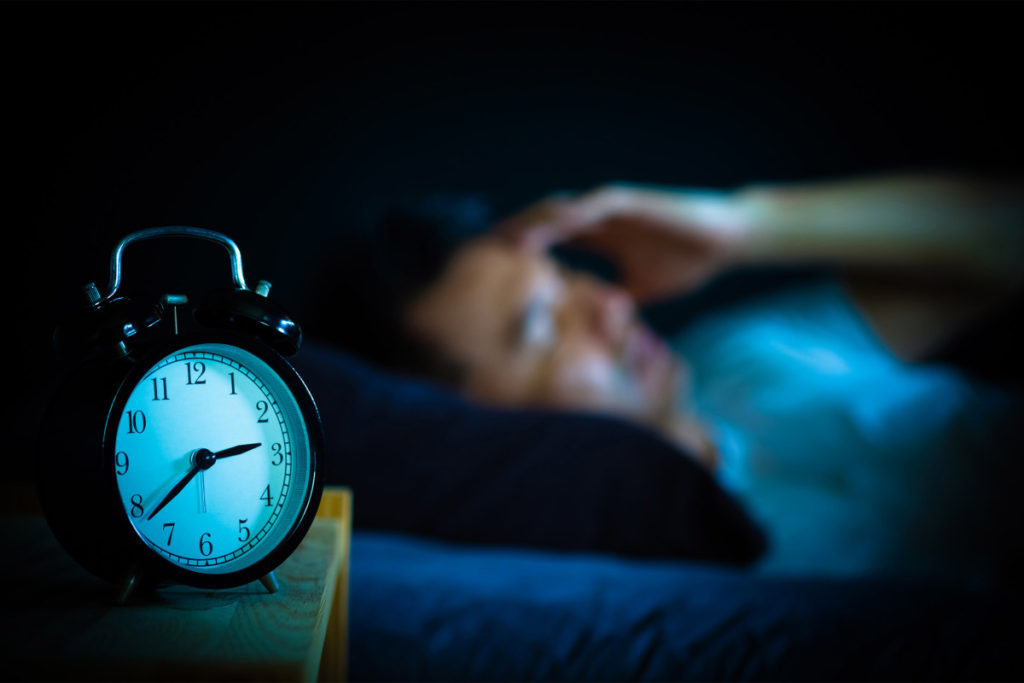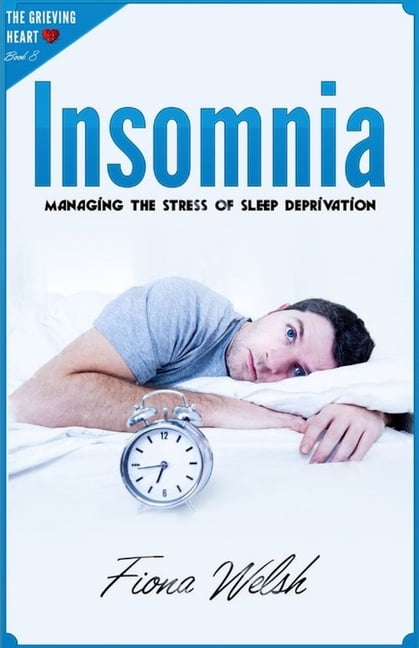

The target audience for this guideline includes all clinicians involved in the management of insomnia, and the target patient population includes adults with chronic insomnia disorder. The guideline is based on a systematic review of relevant meta-analyses published till June 2016. If you are taking and want to stop taking valerian, you must gradually reduce the doseīecause some over-the-counter drugs are not safe or can interact with other medications, talk with your doctor first before taking a nonprescription medication to help you sleep.This European guideline for the diagnosis and treatment of insomnia was developed by a task force of the European Sleep Research Society, with the aim of providing clinical recommendations for the management of adult patients with insomnia. Although valerian has not been thoroughly studied in clinical trials, it has been associated with liver problems when it is used long term and/or in high doses.

Antihistamines such as Benadryl ®, which can make you drowsy.Nonprescription medications that some people believe can help with sleep are:

Some prescription medications that can help you sleep are: When necessary, your doctor might prescribe medication for a limited time to help restore your sleep schedule. When necessary, doctors may prescribe medication to help restore healthy sleep patterns.Ĭlick here for the Improve your Sleep workbook, a free resource provided by the VA People with medical conditions such as restless legs syndrome (RLS) or sleep apnea are likely to need medical help in combination with good sleep hygiene to better manage or resolve the medical condition. For example, some people can help restore healthy sleep patterns by practicing good sleep habits (also known as good sleep hygiene). Treatment for insomnia depends on what is causing your sleep problems. Other Conditions That Can Disturb Sleep Are: Eating a large or heavy meal before going to sleep that can cause discomfort, heart burn, and acid reflux.Stress from family, work, school, or health problems as well as life events such as job loss, divorce, death, and illness.Stimulants such as caffeine, alcohol, and nicotine.Activities that stimulate you at bedtime.An uncomfortable sleep environment, including one that is too warm, too cold, too noisy, and too bright.Poor sleep habits (poor sleep hygiene), including:.Menopause, including hormonal changes and related symptoms such as night sweats.Overuse or improper use of prescription and nonprescription sleeping pills.Nonprescription or over-the-counter (OTC) drugs such as:.



 0 kommentar(er)
0 kommentar(er)
